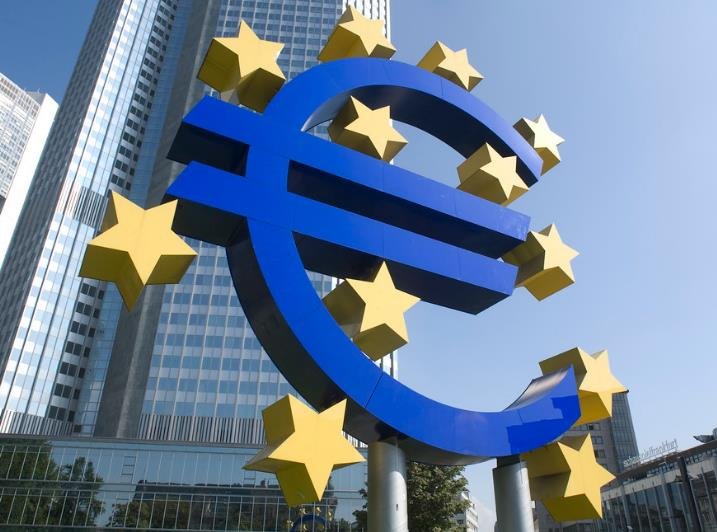European banks delay reckoning with commercial real estate losses. The pandemic has hit the commercial property sector hard, but banks are reluctant to write off their loans, according to a recent article by the Financial Times. The article claims that banks are playing for time, hoping that the recovery will improve the prospects of their borrowers and avoid a wave of defaults and foreclosures.
Commercial real estate loans are a significant part of European banks’ balance sheets. The article reports that European banks have about €1.2tn of loans to the commercial property sector, which accounts for about 10% of their total loans. The sector includes offices, retail, hotels, and industrial properties, which have been severely affected by the lockdowns, social distancing, and remote working.

The article cites data from the European Banking Authority, which shows that the non-performing loan ratio for commercial real estate loans rose from 3.1% in 2019 to 4.4% in 2020, the highest level since 2016. The article also cites data from Moody’s, which shows that the average loan-to-value ratio for commercial real estate loans increased from 58% in 2019 to 63% in 2020, indicating a decline in the value of the underlying properties.
Banks are using various strategies to avoid or postpone the recognition of losses
Banks are using various strategies to avoid or postpone the recognition of losses, according to the article. The article explains that banks are reluctant to write off their loans, as they would have to take a hit on their capital and profits, and face regulatory scrutiny and market pressure. Instead, banks are using various tactics, such as:
- Granting forbearance or moratoriums to their borrowers, allowing them to defer or reduce their interest or principal payments, or extend their loan maturities.
- Restructuring or refinancing their loans, offering more favorable terms or conditions to their borrowers, or injecting more equity or collateral into their deals.
- Selling or securitizing their loans, transferring them to other investors or vehicles, or creating bad banks or asset management companies to deal with them.
The article argues that these strategies are not sustainable, as they only delay the inevitable and create zombie loans and properties, which hamper the recovery and growth of the sector and the economy. The article also warns that these strategies could backfire, as they expose the banks to more risks and uncertainties, such as interest rate hikes, regulatory changes, or market shocks.
Banks need to face the reality and take action to address their problem loans
Banks need to face the reality and take action to address their problem loans, according to the article. The article urges the banks to be more proactive and realistic, and to adopt a more granular and differentiated approach to their commercial real estate portfolios, taking into account the specific characteristics and prospects of each property, borrower, and market.
The article also calls on the regulators and policymakers to support the banks in their efforts, by providing clear and consistent guidance, incentives, and tools, such as:
- Enhancing the transparency and disclosure of the commercial real estate loans, by requiring the banks to report more data and information on their exposures, valuations, and impairments.
- Encouraging the development and participation of the secondary market for commercial real estate loans, by facilitating the access and availability of data, capital, and liquidity, and by removing the legal and tax barriers and uncertainties.
- Providing the necessary fiscal and monetary stimulus and relief to the commercial property sector, by extending and expanding the moratoriums, guarantees, and subsidies, and by maintaining the low interest rate environment and the quantitative easing programs.
The article concludes that the commercial real estate sector is a vital and strategic part of the European economy, and that its recovery and resilience are essential for the overall financial stability and growth. The article also asserts that the banks have a key role and responsibility in this process, and that they should act sooner rather than later, to avoid a bigger and deeper crisis.
















